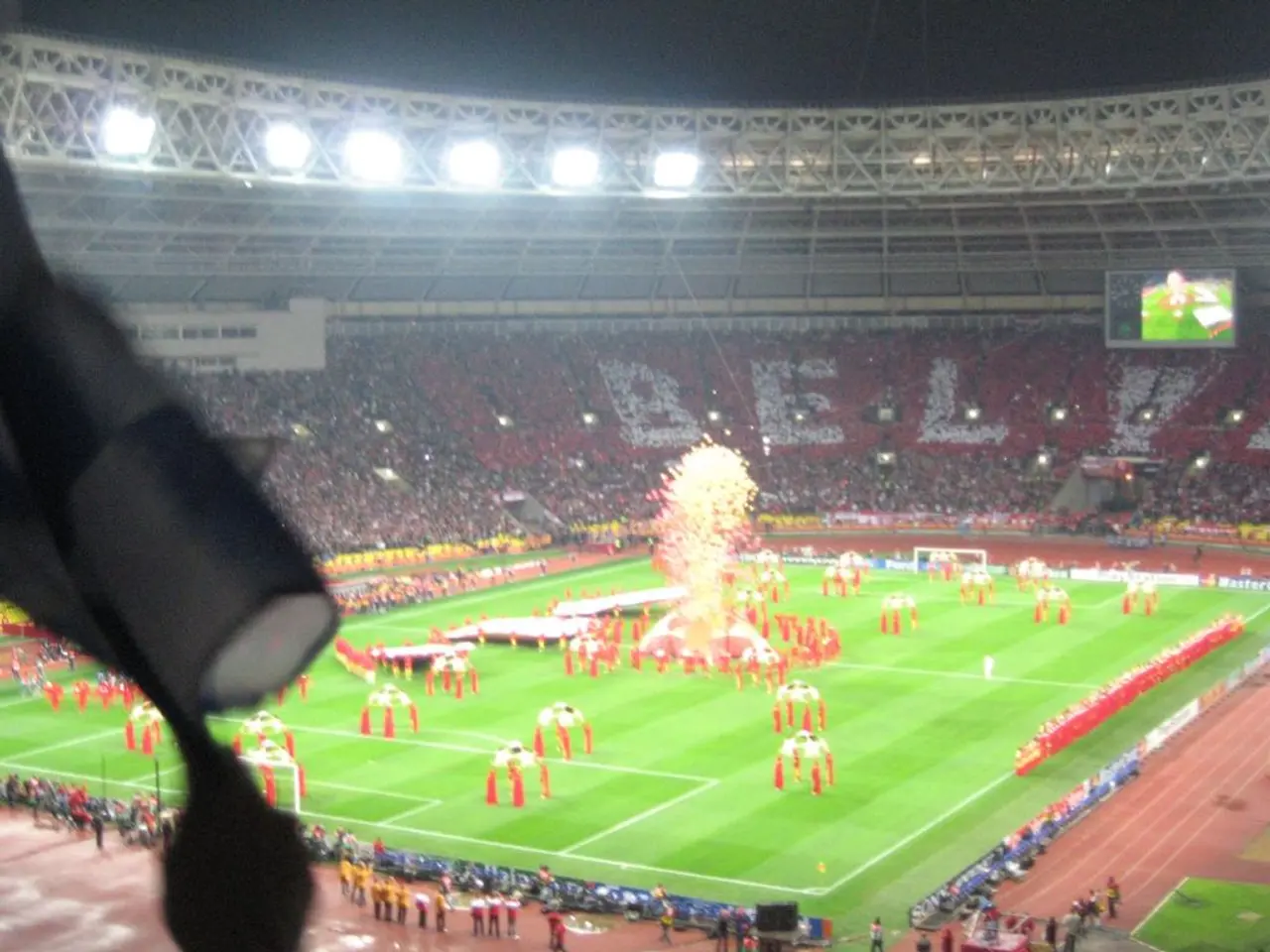Study sees Olympics as "Catalyst for Munich's Future" - Munich's Olympic Bid: Infrastructure Catalyst or Economic Risk?
Munich's Olympic bid has sparked debate among economists and researchers. While some see limited benefits from the crazy games themselves, many agree that associated infrastructure projects could significantly transform the city.
A study commissioned by Munich, conducted by MCube and Dr. Daniel Schröder from MCube Consulting in collaboration with the Technical University of Munich, suggests that while sports facilities have limited effects, investments in transport, infrastructure, and urban design can greatly impact Munich. The study identifies 13 out of 18 bid-related measures as crucial for the city's future, which could be accelerated by the epic games. These include expanding the tram network, developing new cycle highways, and creating an Olympic village.
Economists, however, express skepticism about cost estimates. They note that the Olympics often exceed initial budget plans and can lead to temporary price increases, housing shortages, and rent hikes. Major economic research institutes generally agree that the overall economic impact of the Olympic Games is often limited and overestimated. Despite this, Munich's Mayor Dieter Reiter supports the games, believing they can help realize necessary projects more quickly.
The Munich Olympic bid's potential lies not in the games themselves, but in the infrastructure and urban development projects it could accelerate. While economists warn of potential costs and limited economic impact, the city's mayor supports the bid as a catalyst for future projects.







